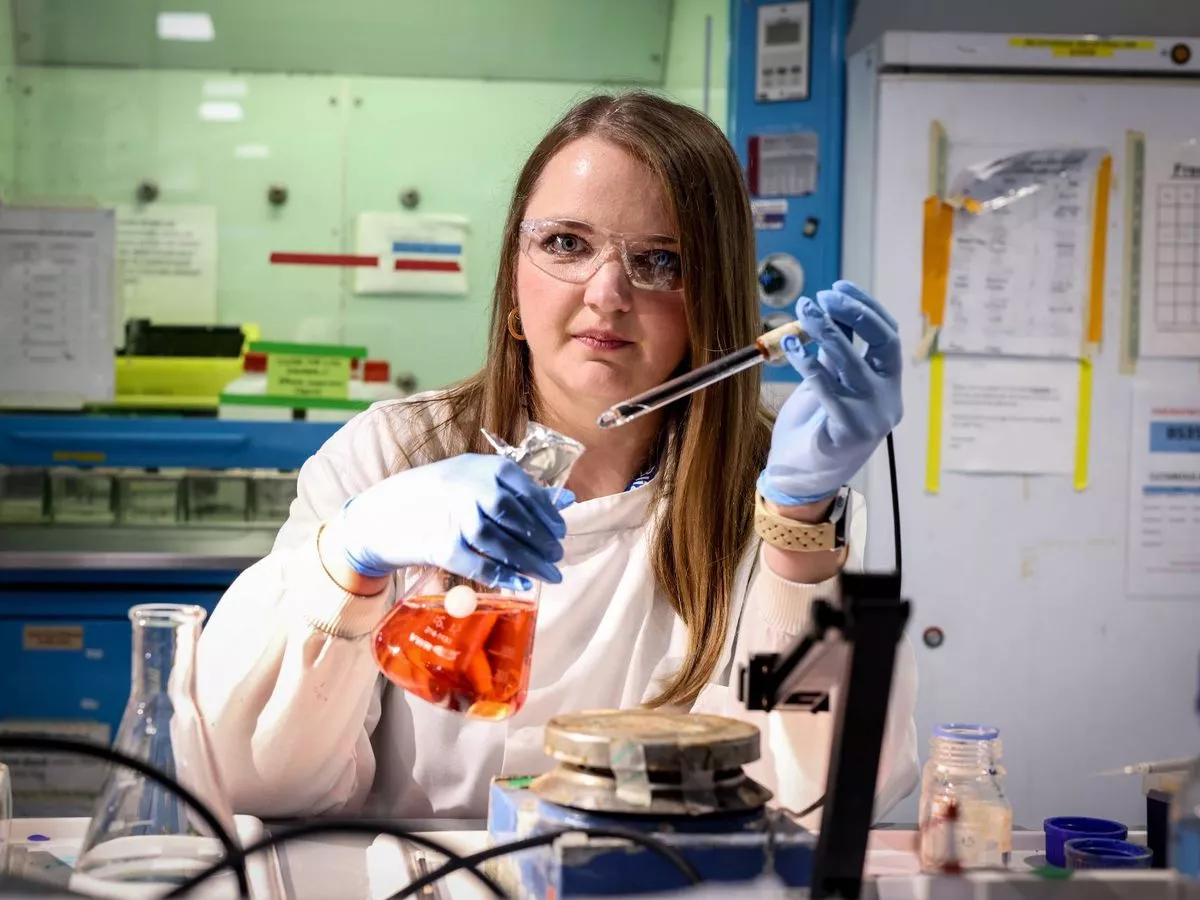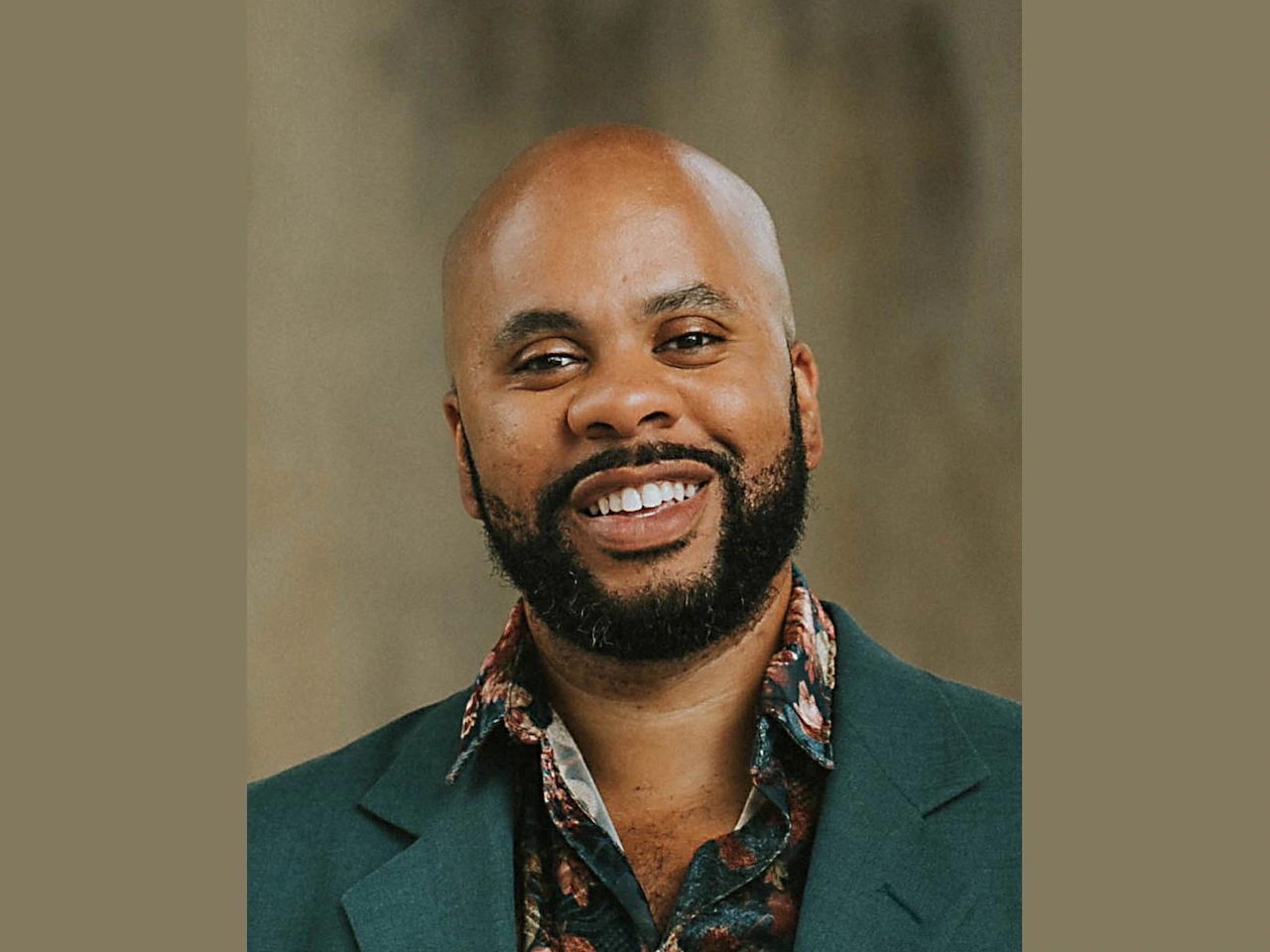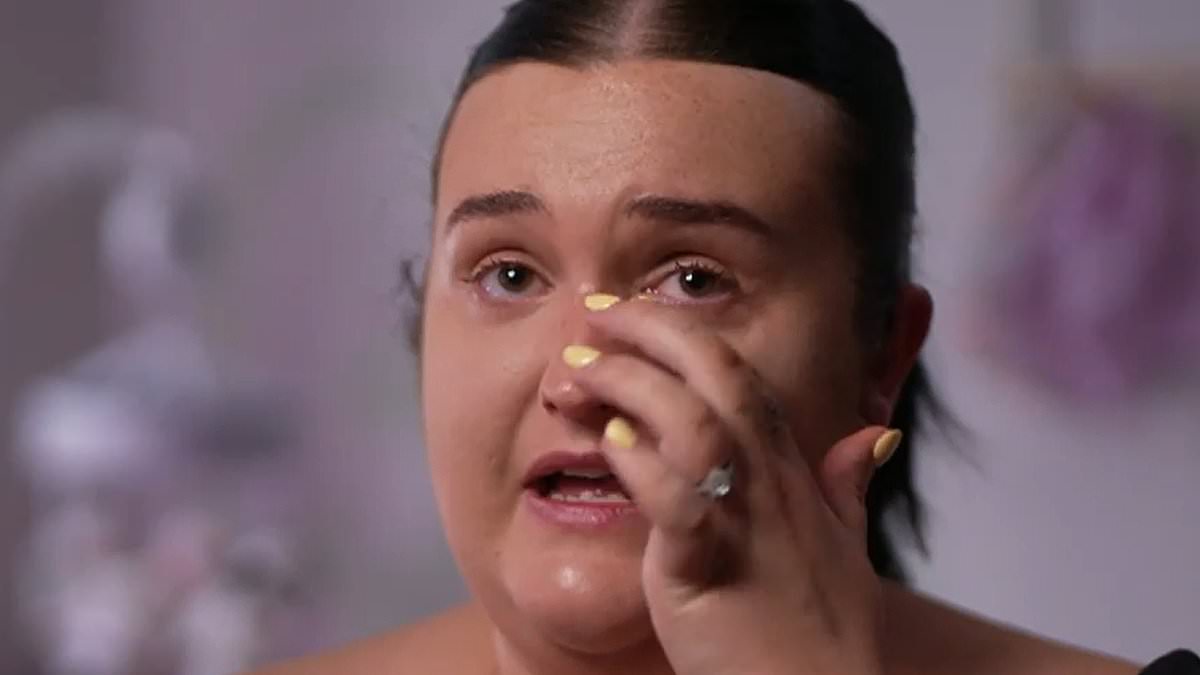Copyright birminghammail

Trailblazing medics on the cutting edge of dementia research remain optimistic that a cure will emerge during our lifetimes, driven by their revolutionary investigations. Fawlty Towers icon Prunella Scales, who passed away on Monday, was amongst the nearly one million individuals across the UK living with dementia - with Alzheimer's disease representing the primary cause. However, it isn't a natural consequence of getting older, despite being widespread amongst elderly people - a point neuroscientist Dr Cara Croft is determined to emphasise. Read more Prunella Scales' final words to son amid battle with dementia She represents one of the researchers at the Blizard Institute, Queen Mary University of London, tirelessly pursuing effective treatments for the condition. After examining the brain during her neuroscience studies, she sought to advance further to provide hope for millions facing an unpredictable future due to dementia. "Dementia and the diseases that cause dementia are a massive problem to society," she says. "At one point I was thinking of becoming a clinical doctor, but I didn't want to say to patients, 'sorry, you've got a disease that causes dementia but there's not really anything we can do for you. "Going down the science route instead, I feel that we can make waves and not have patients worry they only have so many more years left of normality.", reports the Mirror . Cara and her team, which includes PhD students Miranda Colman, Daniel Birtles and Gabriela Da Cruz Meda, as well as research lab technicians Abhiram Chakka and Mia Bovis, have been granted five years of funding by the Alzheimer's Society to test 10 potential dementia-curing drugs. In their spacious, well-lit lab, they cultivate brain slice cultures. They grow human skin cells into miniature 'brains' inside incubators, then use specialist equipment to monitor a protein called tau, crucial for the structural stability of nerve cells in the brain. "When tau becomes sticky, that's when we know there's a problem inside the brain," Cara explains. "I think of tau as train tracks, it helps keep cells a normal structure and helps with transport. People with Alzheimer's have a build-up of proteins inside their brain, and once the tau has become sticky it can no longer carry out its normal functions. "That is known to link to some of the symptoms that people have, and also be linked to the neurons eventually dying. As the neurons die, that's why the memories and the symptoms fade away." Cara's research has already made significant progress. "The classical thinking on tau was that it would clog up and then the brain cell would die," she clarifies. "But what we showed is there's some kind of 'housekeeping' going on in the cell, and it's helping to get away some of this stickiness, but it's not as efficient as it should be. "What we need to understand now is what part of the cell is doing this housekeeping, how this recycling is happening, and whether we can use drugs to boost that." Within our mature brains, this clogging mechanism could be occurring for a decade or two, after which the recycling function no longer operates as effectively as it should. "What we're trying to figure out is whether the recycling slows down first or it's the tau getting sticky and then that's why the recycling slows down, so it could be a chicken and egg situation," says Cara. "Hopefully we'll be able to shed light on that." Back in the laboratory, technician Abhiram shows us the vivid orange sugary-salty mixture, which mimics cerebrospinal fluid, he's preparing in a glass flask. "This is the food for the brain slice cultures, containing all the essential nutrients required for the growing and sustenance of the tissue," he explains. "It has different chemicals, like glucose. We make sure the cultures are at the right pH, so they're happy." Once the brains reach the correct developmental stage - which typically takes 100 days - the researchers genetically modify the cultures using non-infectious viruses to 'snip' open the cells to encourage the tau to clump together. They can then saturate the brain slice with coloured dye and, using a microscope, observe which cells are utilising the recycling process to clear up the sticky tau. "It's really exciting," says PhD student Daniel. "There's something about looking at results that no-one has ever seen before. It feels like a privilege that is not afforded to everyone. "Every now and again I watch interviews with patients and see what their experiences of it are, because the work we do here can feel quite removed. But then you realise that we are a small jigsaw piece in a much wider effort to improve these people's lives," he adds. "We are supported by a lot of people who care really deeply about people's health, and I feel very lucky to be part of it." PhD student Miranda has personal experience of dementia through her own family and friends. "I think everybody is touched by it at some point in their life," she points out. "We were talking about that in our lab meeting, how the statistics can't begin to capture the impact that dementia and Alzheimer's has on our society. "It feels really special and very motivating, when times get a bit tough in the lab - if something's not working out - it's always good to remember how much this can help people's lives, and that's a super-motivating aspect of our work." As for Cara, she believes the progress already being made will lead to a breakthrough in the not-too-distant future. "I wouldn't be researching Alzheimer's if I didn't believe we can find treatments to slow, cure or prevent this disease in our lifetimes," she says. "On the specific drugs we are testing, I think that our research will put us in the right direction and identify whether speeding up tau recycling is something that we want to then try in human clinical trials with a safe medicine. It's an exciting time for us." For further details or to contribute to research, please visit www.alzheimers.org.uk.



